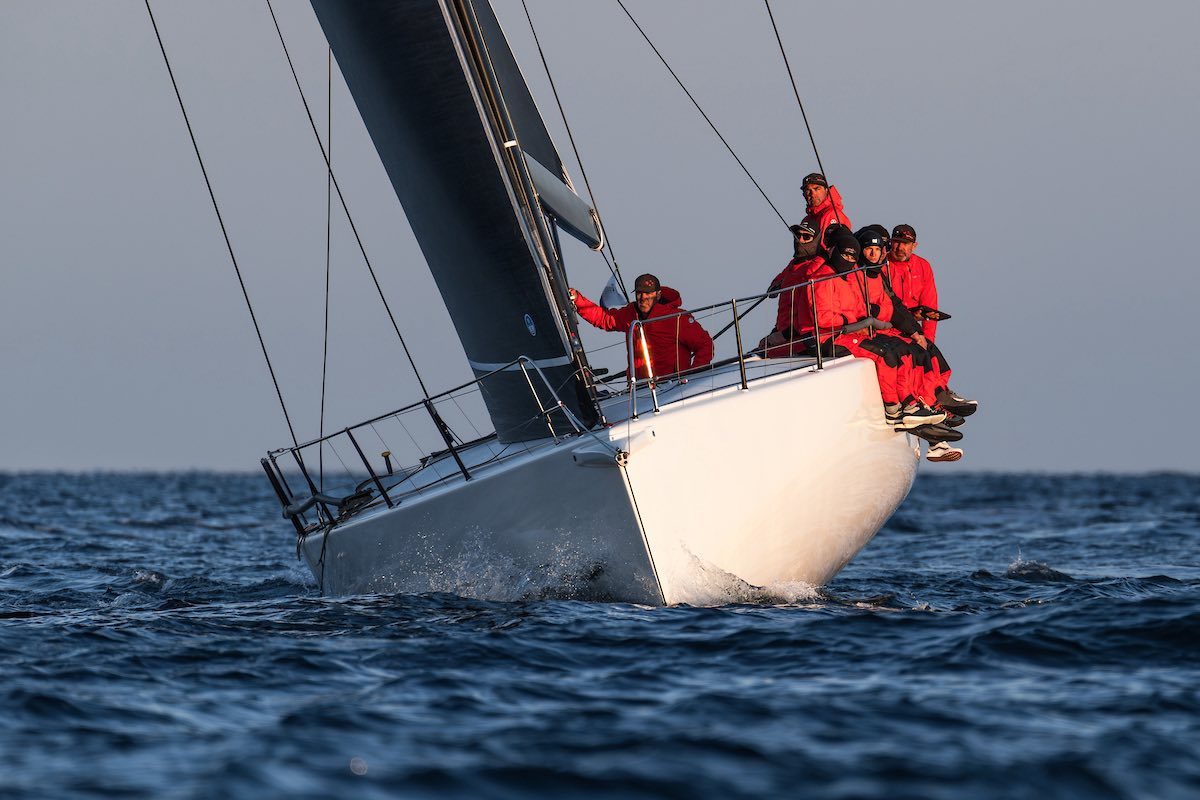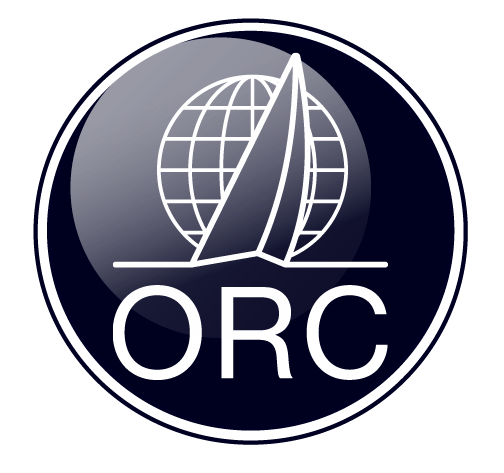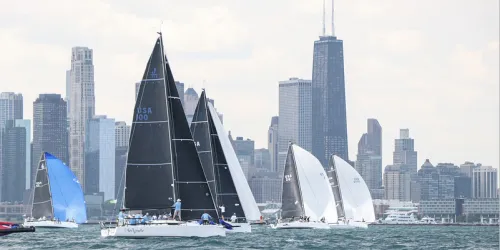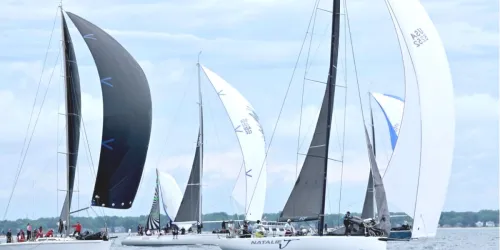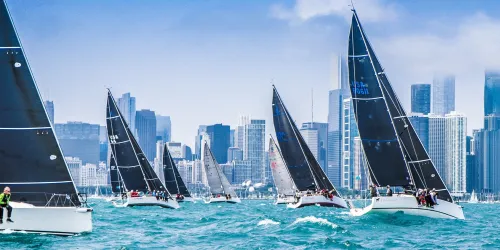A new innovation in scoring for the Chicago Yacht Club Race to Mackinac
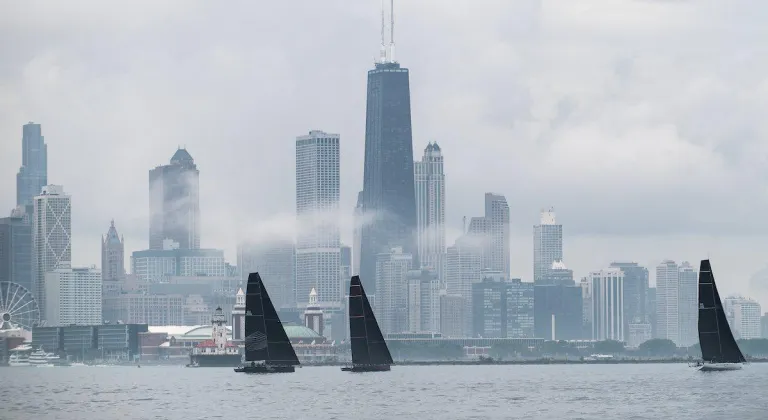
July 25, 2025 - Chicago, IL, USA - The race organizers at the Chicago Yacht Club have a long history using the latest innovations in handicapping science to produce the fairest racing possible in the annual Chicago Yacht Club Race to Mackinac. The latest push started nearly 10 years ago when Chief Measurer Ron White insisted the rating system used should be based on a boat’s measurements and not some non-objective, performance-based handicapping method to predict the speed potential of the boat. “The Mac” was a pioneer in using an objective basis for determining handicaps used to produce the results in the race.
Since then the race—with the largest fleet of any offshore race in the Americas, and second largest in the world only to the Fastnet Race--has adopted other important improvements and refinements in fair handicapping, such as in 2021 moving to ORC, the world’s largest measurement-based system, and giving the scoring model used to produce the ORC ratings continual tweaks to represent average race conditions of wind speed and direction. In the past several years three wind mixes were developed to represent race conditions that are mostly Upwind, Mostly Offwind, or All-Purpose.
This year the race has taken another leap forward in handicapping innovation with the use of ORC’s Weather-Routed Scoring (WRS) method to calculate ratings used to score the race.
The WRS method uses the boat speed predictions for each entry taken from its ORC certificate, the latest weather forecast of the race area, and software tools that route that boat from start to the finish at Mackinac Island. The predicted time for each boat is then used to calculate a rating for that boat that is customized to reflect the forecasted weather it will encounter during the race.
The boat’s race result will therefore be a reflection of its own potential to perform against its prediction based on the weather conditions it’s forecast to experience during the race, not a pre-determined race model or generalized handicap.
“WRS has the potential of being fairer than any other method we could use,” said Winn Soldani, Chairman of the 2025 Chicago Yacht Club Race to Mackinac. “Because the approach customizes the rating to the weather each boat is forecast to experience, it can better assess the weather influence on the outcome.
“In the past, even using our wind mixes, we could have had races that favored the fast-rated boats because the wind died out after they finished, or the opposite where most of the race was light air, then new stronger wind came after the fast-rated boats had finished to favor the slow-rated boats. WRS promises to reduce this bias and provide a more equal playing field.
”This is especially important for our overall scoring trophies, where the entire fleet in each division has both fast and slow boats that need to have a fair chance at the top prizes.”
What is the actual weather is different than that forecasted in advance of the race - would that not affect the accuracy of the ratings?
“Of course it will. Weather models are imperfect,” admitted Soldani, “but we there is no such thing as perfect in sailboat racing. We are trying to be fairer and more objective than all around ratings or our own pre-determined wind mixes that use race averages. We think WRS is the best option available by a lot.”
“I think the WRS method makes a lot of sense,” said Randy Draftz, strategist on board John Nedeau’s First 53 CYNTHIA LYN, winner of the Cruising 1 section of the race. “Our class had a huge range of boat sizes from the 104-foot ketch WHITEHAWK to boats less than half its size, so the was a likely chance for us all being in different weather during the race. With the ratings issued on the day of our start there was not much time to determine our time allowances, but the CYC app really made that easy.”
Draftz refers to the CYC RTM Scratch Book app that was specifically developed for this race where on a smart phone or tablet the entry information was available for each member of the fleet, along with their WRS ratings and a calculator for determining corrected time allowances as a function of elapsed time on the race course.
“The WRS team at ORC is working hard to provide this new service for many other offshore races,” said Matt Gallagher, Vice-Chairman of ORC and a competitor in this year’s Race to Mackinac. “We’re pleased to offer this level of technology and fairness in ratings to organizers of races held in many parts of the world of offshore racing that we serve.”
Regardless of the weather conditions of this year’s edition of the race, no doubt this will be a hot topic for discussion once the teams reach the island: who went where and how did the winners find what was needed to achieve their results. It’s a discussion as old as yacht racing itself.
